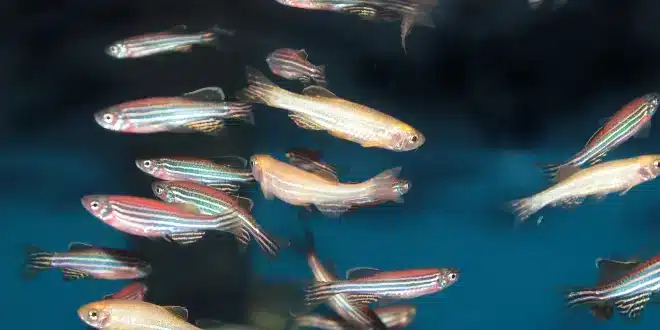Some fish and amphibians have the remarkable ability to heal heart scars and regenerate muscle tissue in adulthood, a feat that remains elusive in humans. To explore why this is, scientists led by Jamie Gagnon at the University of Utah studied two similar fish species: the zebrafish, which can regenerate its heart, and the medaka, which cannot.
Clayton Carey, a postdoctoral researcher in Gagnon’s lab, noted that by comparing these two species with similar heart structures and environments, they hoped to pinpoint critical differences that could explain this regenerative disparity. However, the study, while insightful, did not fully unravel the mystery.
The methodology involved simulating heart attacks in these fish and subsequently analyzing their heart tissues at various intervals to observe their healing processes. Carey observed that zebrafish exhibit an immune reaction akin to that seen in viral infections, known as an interferon response, which was notably absent in medaka. Furthermore, the study discovered that medaka lacks a specific type of muscle cell found in zebrafish.
Gagnon speculated that heart regeneration might have been a common trait among early animals, which was lost over time in various species. He expressed a keen interest in understanding why such a beneficial trait would disappear.
The research suggests that the zebrafish’s ability to regenerate its heart is intimately linked to its unique immune response, but more detailed studies are required to fully understand the mechanisms involved.


